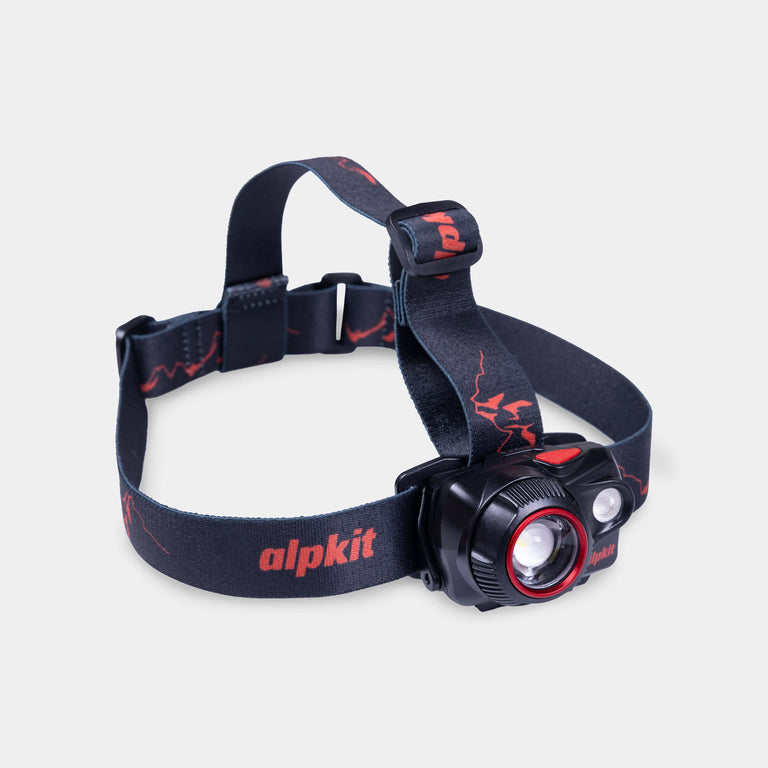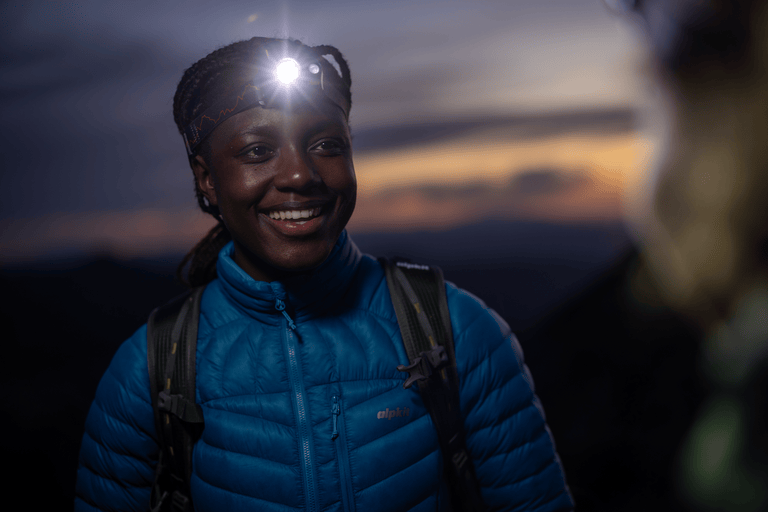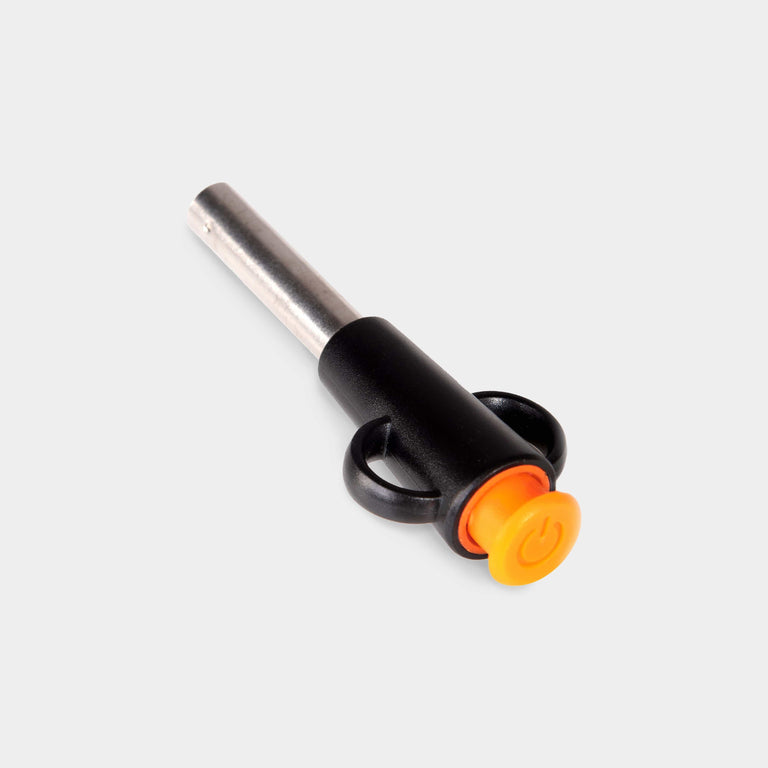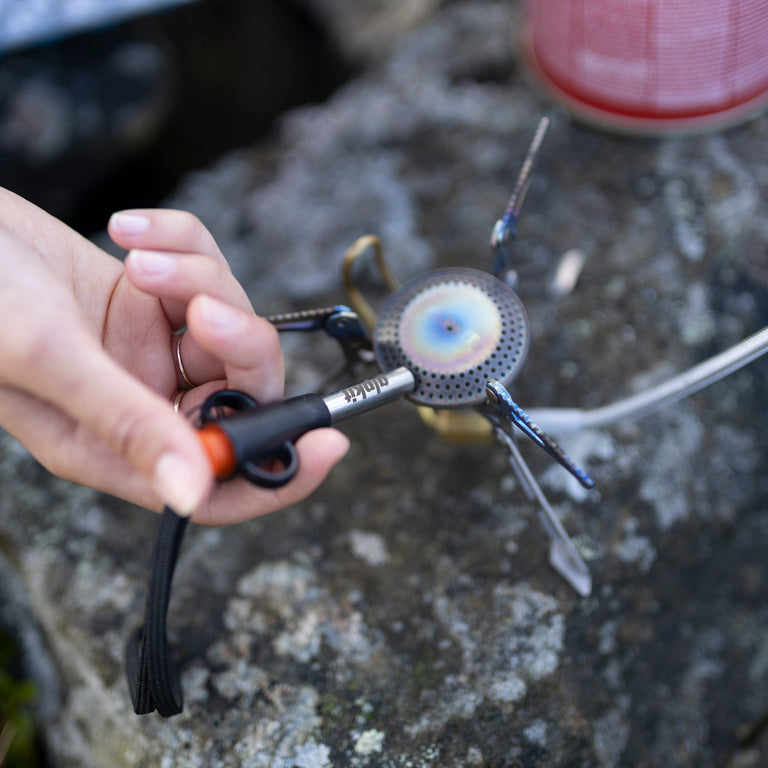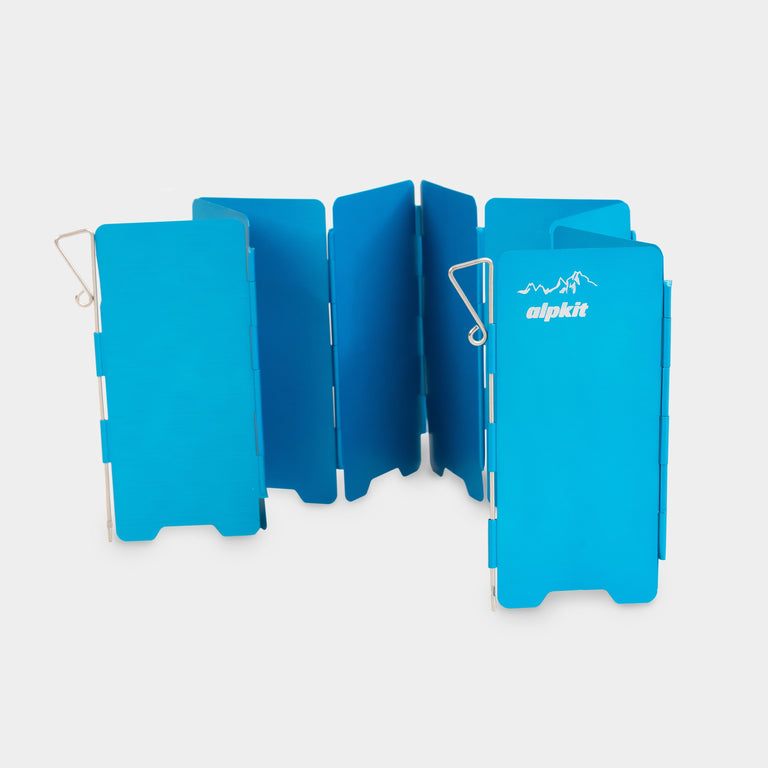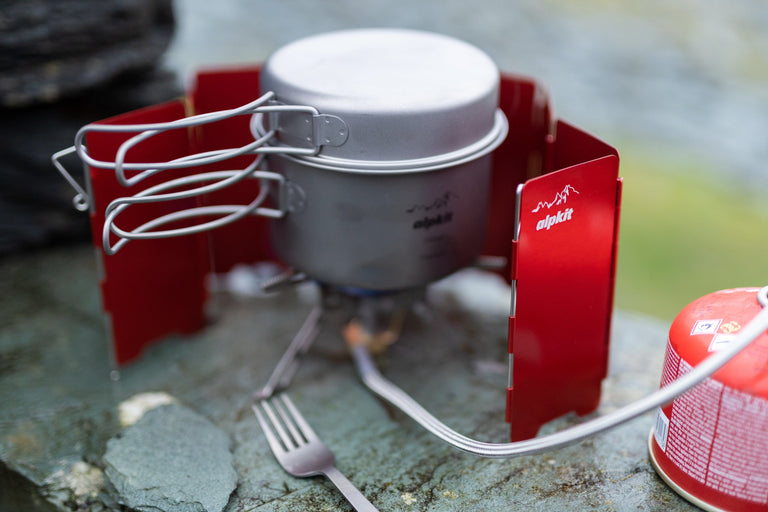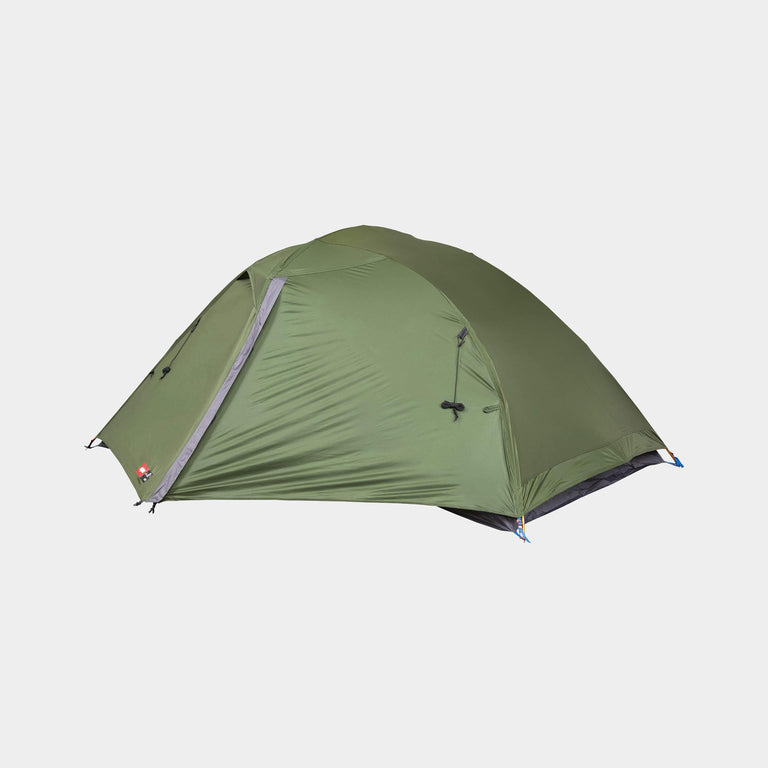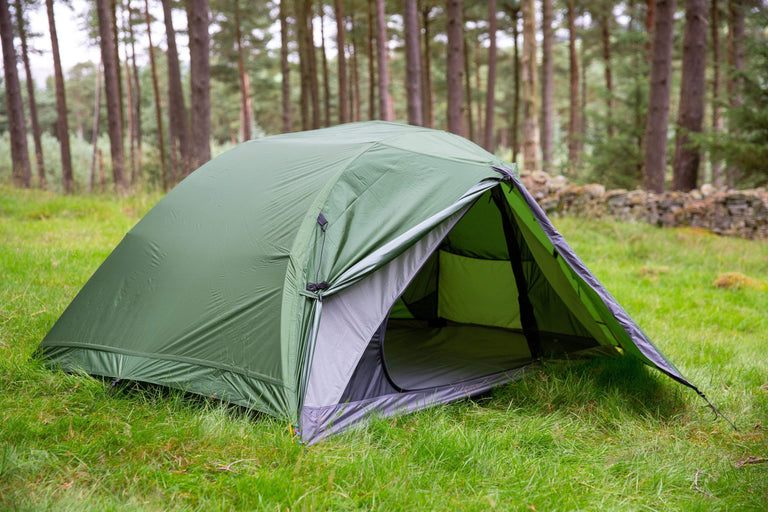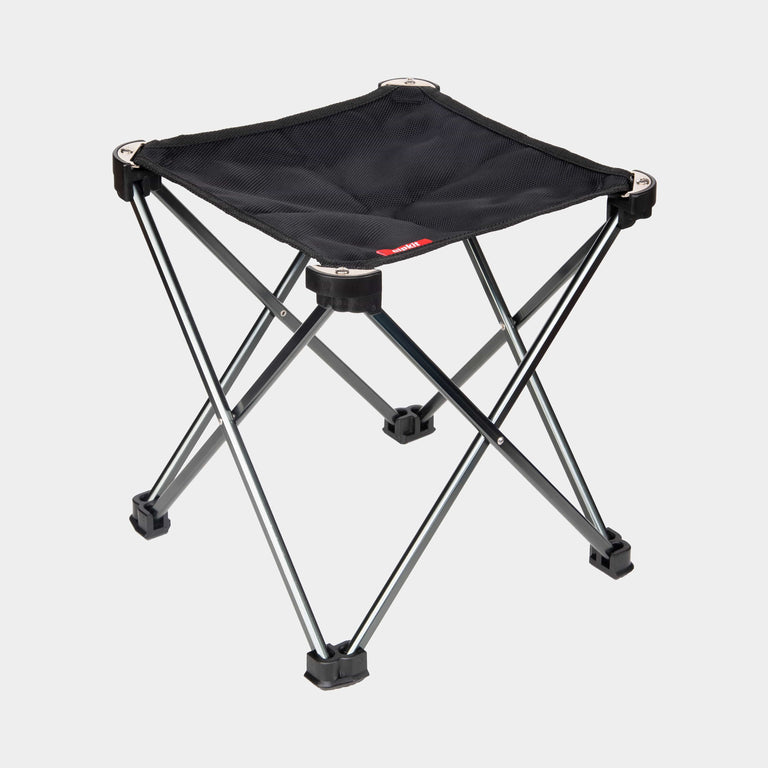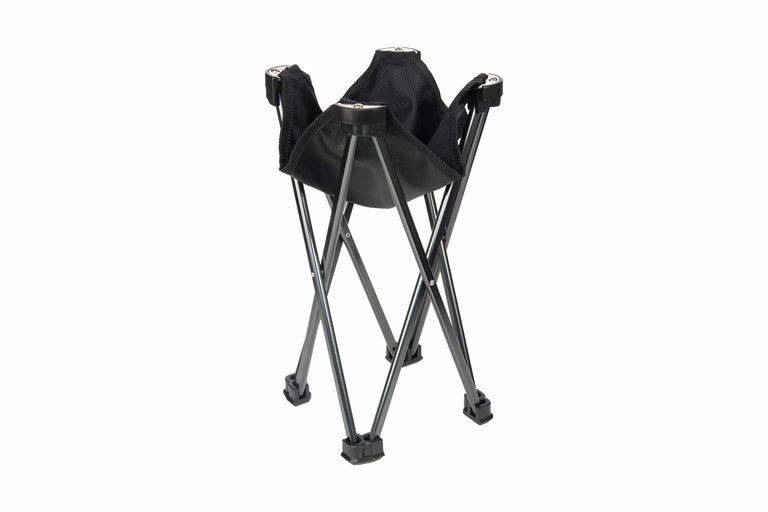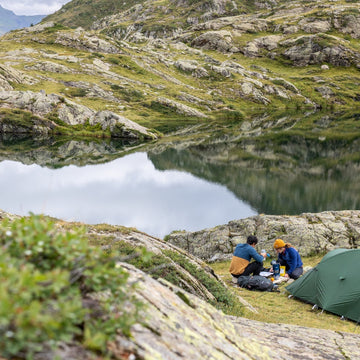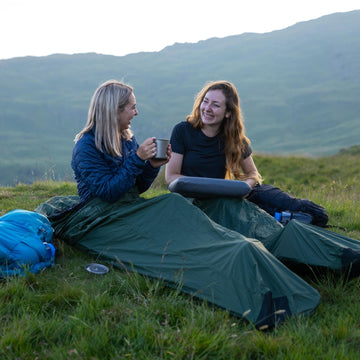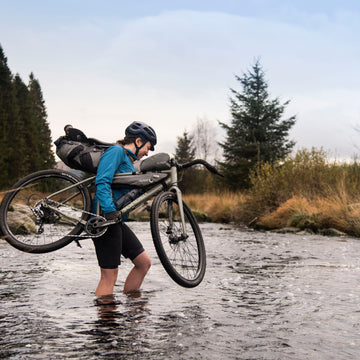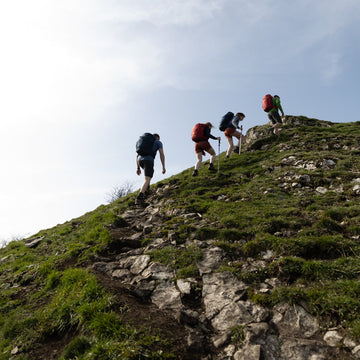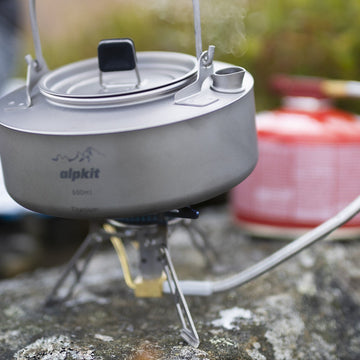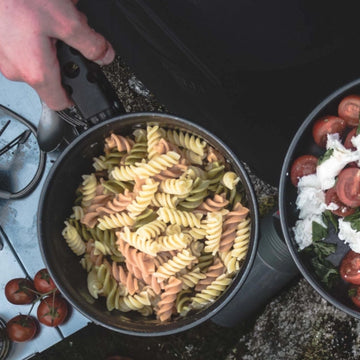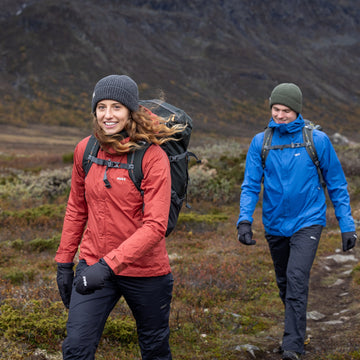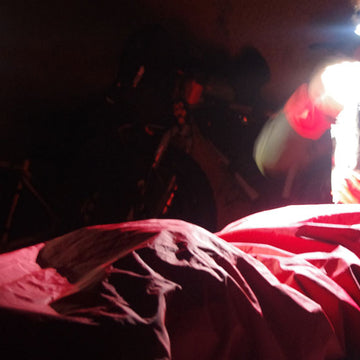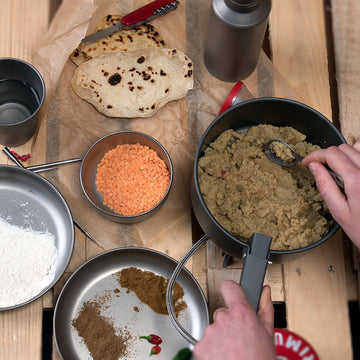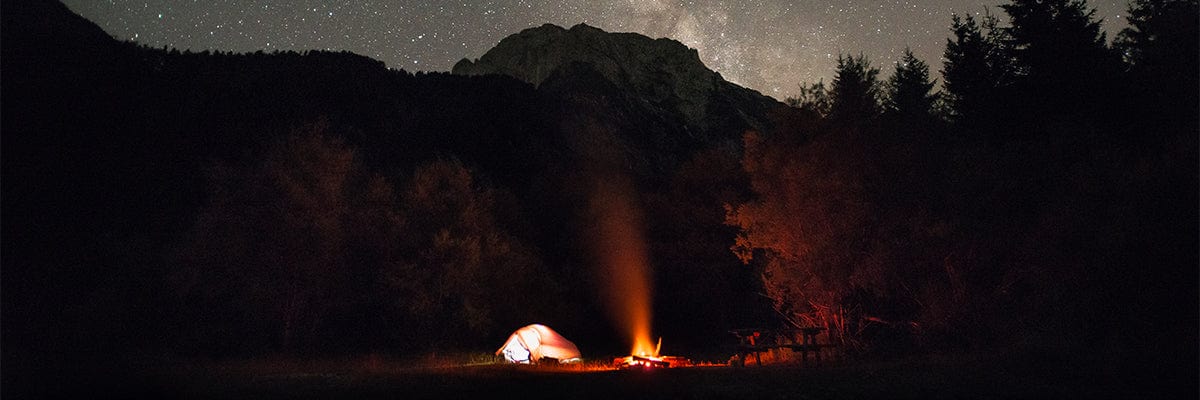
What to pack for camping in the UK? From wild bivvies to week-long adventures, here's your no-nonsense checklist of camping gear that's light, reliable and built to last.
Maybe you’re packing for your first backpacking weekend. Maybe you’re stringing together some wild camps on a coast-to-coast journey. Or maybe you just fancy a spontaneous overnight bivvy on the hill behind your house. Whatever you’re planning, this checklist will help you build the kind of camping kit that’s ready for proper adventures — the type you remember.
This guide is for anyone upgrading from borrowed kit, patchy sleep and soggy sandwiches — and now wants a setup that’s light, reliable, and ready for the wild. Whether you’re heading out solo or roping in the whole crew, we’ll help you choose the right gear for your kind of outdoors.
Scroll through or jump to a section below — and start building a kit that keeps up with you.
Quick links:
- Core camping kit: shelter, sleep and light
- Comfort upgrades that make a big difference
- Cooking, water and food
- Clothing and personal care
- Repairs, tools and safety
- Camp life and creature comforts
- What not to bring

1. Core camping kit: shelter, sleep and light
This is your foundation. These bits keep you dry, warm and able to function outdoors in unpredictable UK conditions.
- Tent – Look for something that’s quick to pitch, wind-resistant and not too bulky. Check out Alpkit Tents, the Alpkit Ordos 2 is freestanding and strong in wind, perfect for variable ground and solo camps.
- Sleeping bag – Go for a 3-season bag that keeps you warm even if temperatures dip. The Alpkit Sleeping Bags gives warmth and flexibility – ideal for UK spring-to-autumn trips.
- Sleeping mat – A game-changer for comfort and warmth. The Radiant inflatable sleeping mat is lightweight and packs small without sacrificing insulation.
- Pillow – Optional, but worth it. The Drift pillow packs tiny but offers real neck support.
- Headtorch – Hands-free lighting is essential. Try the Qark rechargeable head torch – bright, lightweight and USB-chargeable.
2. Comfort upgrades that make a big difference
These aren’t just luxuries – they’re the items that help you stay outdoors longer, sleep better, and not dread the forecast.
- Footprint or groundsheet – Adds protection and warmth under your tent. Increases its life too.
- Tarp – A lifesaver for cooking in rain or shade on sunny days. The Helio offers great base camp weather protection.
- Dry bags or stuff sacks – Keep your clothes and kit dry and organised. The Airlok Dry Bag range is lightweight and tough.
- Camp chair or air sit pad – Optional, but a real comfort boost around camp. Look at our Camping Chairs if you fancy fireside comfort without bulk.
 3. Cooking, water and food
3. Cooking, water and food
Hot food and safe water make a wild camp feel like home. Keep your setup simple and reliable.
- Stove + fuel – Choose a stove that suits your style. The Brukit is fast, compact and all-in-one for solo meals or brews.
- Pan + utensils – Start with a pot, spork and mug. The MytiMug 650 doubles as your pot and mug – neat and efficient.
- Water storage – Carry and filter water easily. The Hydrater Water Bag folds down small and pairs with filters.
- Food – Dehydrated meals, oat sachets, wraps, cheese, couscous – anything high energy and low faff.
- Wash kit – Don’t forget a sponge, cloth and biodegradable soap for pots and plates.
 4. Clothing and personal care
4. Clothing and personal care
UK weather is famously indecisive. Layer up and prep for wet and wind even on a sunny forecast.
- Base layer – Start with a breathable, quick-dry layer like our Kepler Merino top.
- Insulated layer – A light puffer or fleece makes a big difference at night. The Filoment is warm, windproof and stashable.
- Waterproof jacket – Trust us, bring it. The Balance Jacket is built for British rain.
- Wool socks + spare undies – Bliss after a day of hiking or bog-hopping.
- Toiletries – Toothbrush, biodegradable soap, quick-dry towel, loo roll in a ziplock.
- First aid kit – Plasters, blister care, meds and tick tweezers. Keep it compact but complete.
 5. Repairs, tools and safety
5. Repairs, tools and safety
Things go wrong. Pegs bend, zips snag, stoves get temperamental. Having basics on hand means you can keep going.
- Multitool or knife – From opening packets to field repairs. A compact Leatherman-style tool is ideal.
- Duct tape and cord – The unsung heroes of kit repairs.
- Spare batteries or power bank – Recharge your headtorch or phone.
- Map + compass – Essential if you’re venturing off-grid. Learn to use them before you need them.
- Whistle + emergency contact info – Just in case.
 6. Camp life and creature comforts
6. Camp life and creature comforts
These are the little touches that make it feel like your camp, not just a night out.
- Book, cards or notebook – Perfect for tent-bound evenings.
- Solar light or lantern – Ambient light for evenings, and easier than headtorch-only mode.
- Hip flask or hot chocolate – Enough said.
- Lightweight blanket – Around your shoulders or under your mat. A good bonus layer.
7. What not to bring
Some things just weigh you down or cause trouble at camp. Here’s what we’d leave behind:
- Glass bottles – Heavy and breakable. Decant or go tin/can.
- Too many clothes – You’ll wear the same stuff on rotation. Prioritise layers over outfits.
- Strong-smelling toiletries or perfumes – Attract bugs and clash with nature.
- Bulky kitchen kit – If it doesn’t pack, stack or multitask, leave it.
Wrap-up
From low-key bivvies to big wild routes, the best camping setups strike a balance: light enough to carry, tough enough for UK weather, and comfy enough to let you enjoy the moment.
Start with the essentials — shelter, warmth, food, and light. Then add smart upgrades that make your adventures smoother and more enjoyable, however far you’re heading.
We make our kit for all kinds of campers. First-time explorers, seasoned bivviers, family weekenders and wild wanderers. If you need help choosing the right gear for your plans, just ask — our team are real outdoors folk and always happy to share advice.
Explore the full Alpkit camping range to start building your kit today.


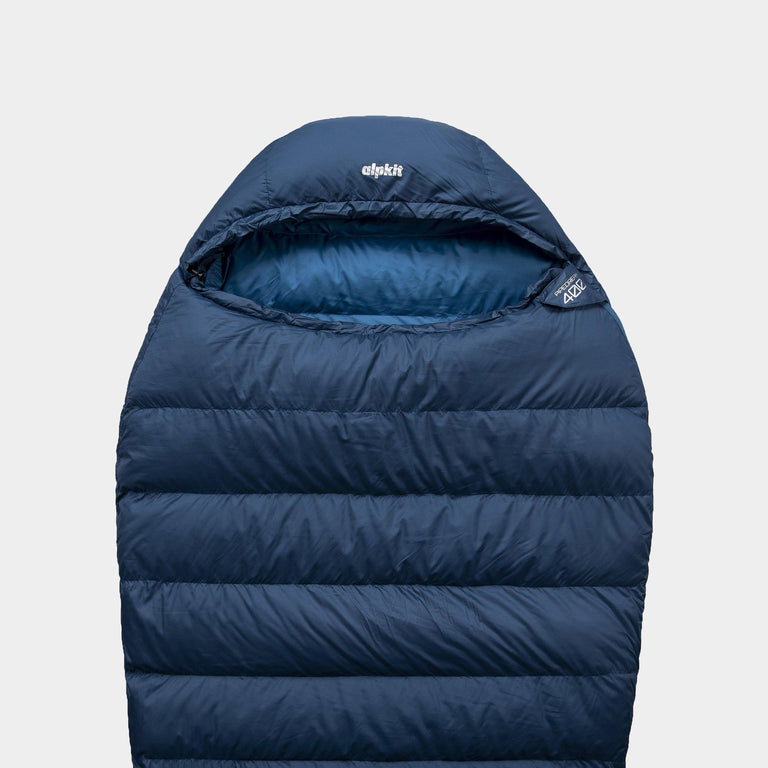
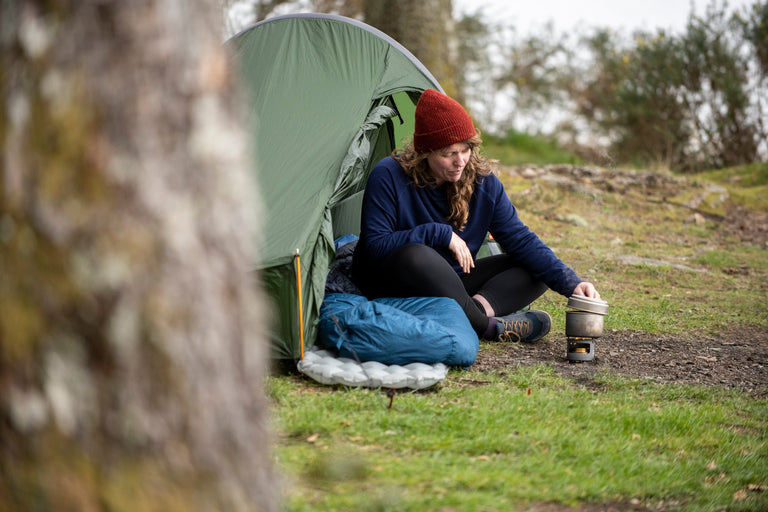
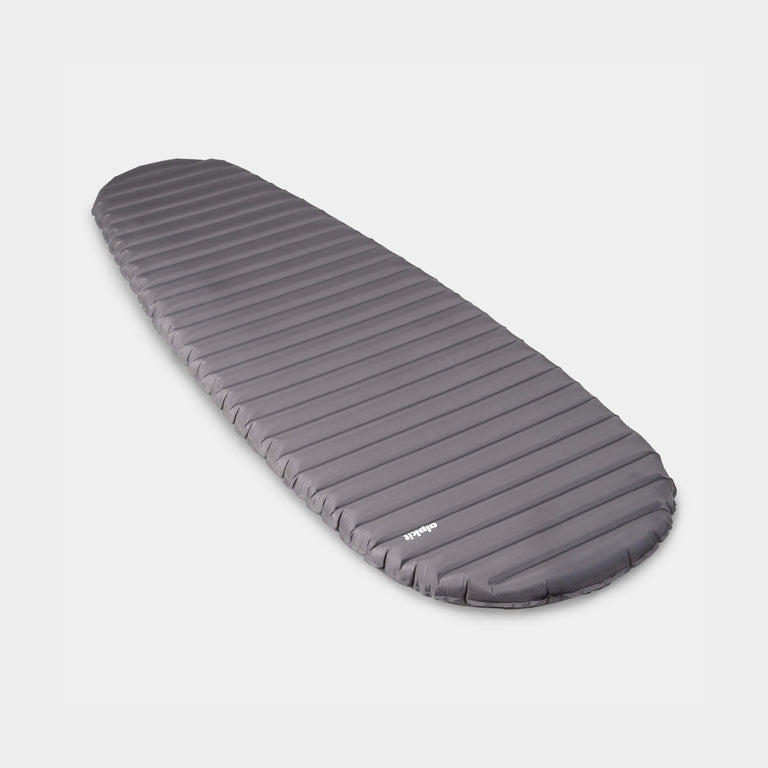
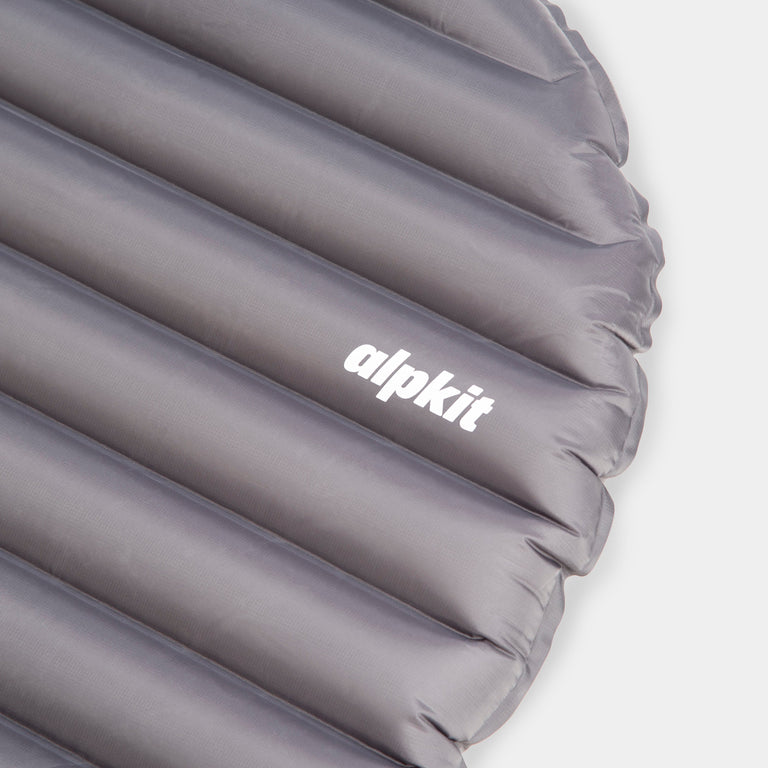
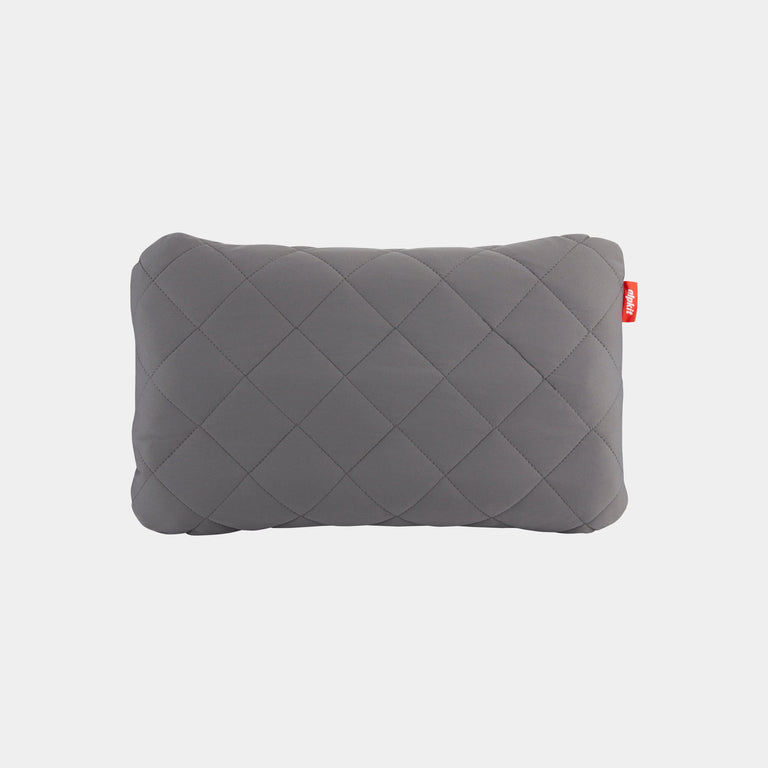
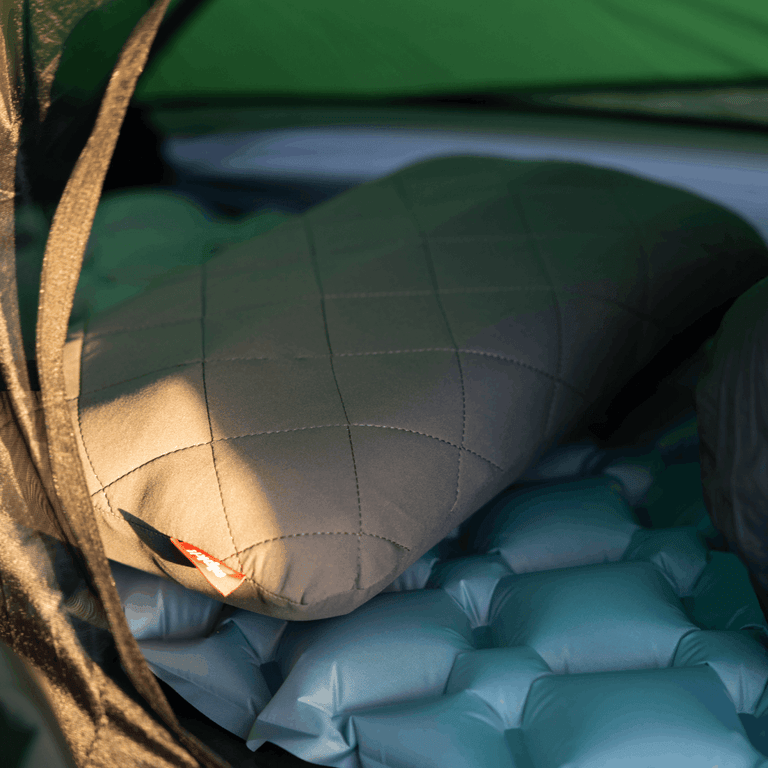
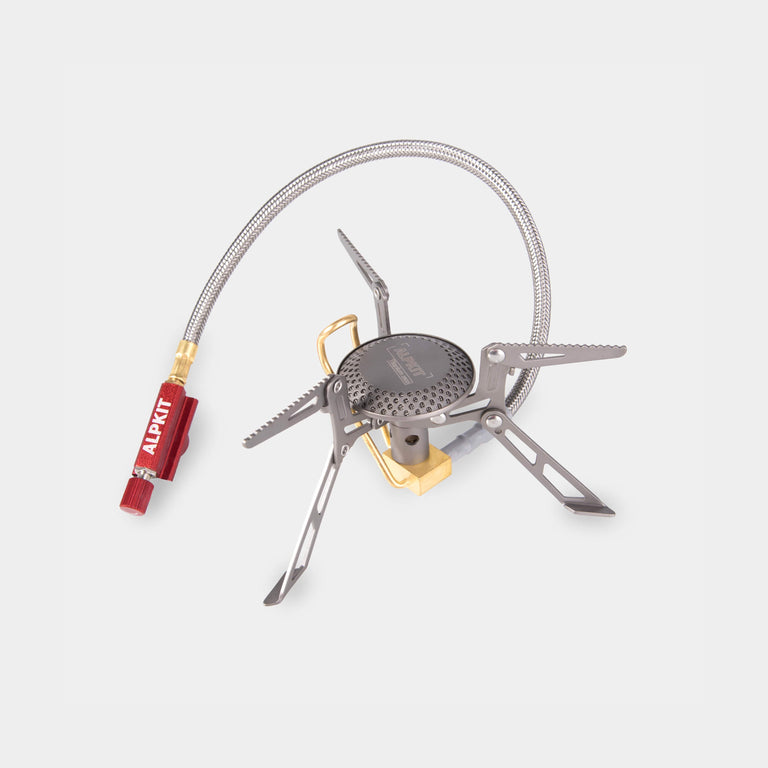

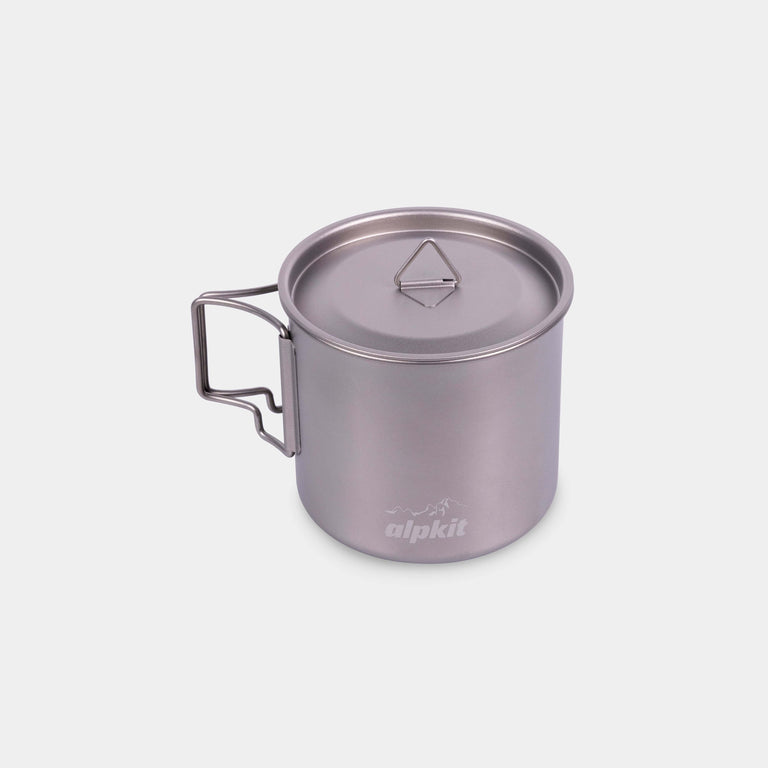


![Filoment Hoody [Mens]](http://alpkit.com/cdn/shop/files/AW25-Chamonix-JW-5042_2.jpg?v=1764948177&width=768)
![Filoment Hoody [Womens]](http://alpkit.com/cdn/shop/files/womens-filoment-2024-celestial-COLOUR-CHANGE.jpg?v=1762183751&width=768)
![Filoment Hoody [Womens]](http://alpkit.com/cdn/shop/files/Camping-Arran-9548_1.jpg?v=1762190561&width=768)
